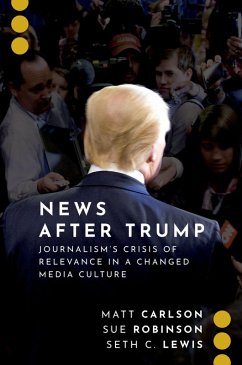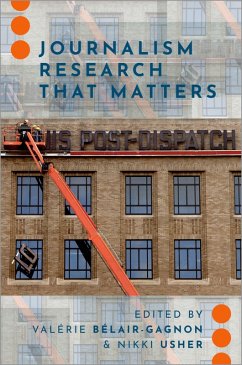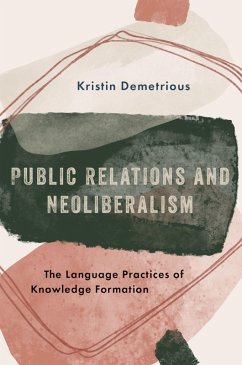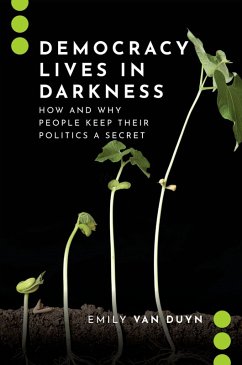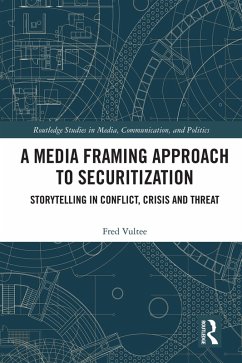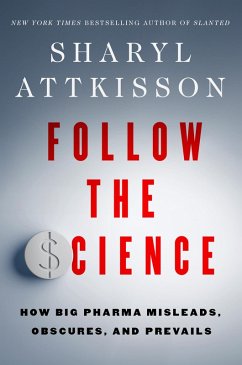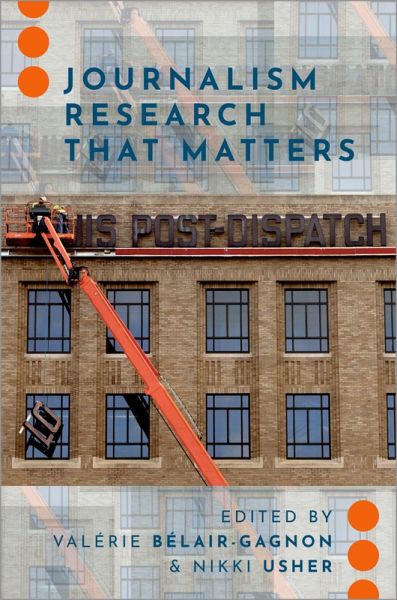
Journalism Research That Matters (eBook, ePUB)
Versandkostenfrei!
Sofort per Download lieferbar
12,95 €
inkl. MwSt.
Weitere Ausgaben:

PAYBACK Punkte
6 °P sammeln!
It is now well-established that the long-time economic model on which the news industry has relied is no longer sustainable. Facebook, Google, and declining levels of popular trust in the media have been major contributors to this situation. Simultaneously, the closure of local media outlets across the country has left many areas without access to regional news, compounded the distance between media and publics, and further eroded civic engagement. Despite the looming crisis in journalism, a research-practice gap plagues the news industry. This book argues that an underappreciated factor in th...
It is now well-established that the long-time economic model on which the news industry has relied is no longer sustainable. Facebook, Google, and declining levels of popular trust in the media have been major contributors to this situation. Simultaneously, the closure of local media outlets across the country has left many areas without access to regional news, compounded the distance between media and publics, and further eroded civic engagement. Despite the looming crisis in journalism, a research-practice gap plagues the news industry. This book argues that an underappreciated factor in the news crisis is a potentially symbiotic relationship between journalism studies and the industry that it researches. As this book contends, scholars must think about their work in a public context, and journalists, too, need to listen to media scholars and take the research that they do seriously. Including contributions from journalists and academics, Journalism Research That Matters offers journalists a guide on what they need to know and journalism scholars a call to action for what kind of research they can do to best help the news industry reckon with disruption. The book looks at new research developments surrounding audience behavior, social networks, and journalism business models; the challenges that scholars face in making their research available to the public and to journalists; the financial survival of quality news and information; and blind spots in the way that researchers and journalists do their work, especially around race, diversity, and inequality. A final section includes contributions from journalists about how researchers can better engage on the ground with newsrooms and media professionals.
Dieser Download kann aus rechtlichen Gründen nur mit Rechnungsadresse in A, B, BG, CY, CZ, D, DK, EW, E, FIN, F, GR, HR, H, IRL, I, LT, L, LR, M, NL, PL, P, R, S, SLO, SK ausgeliefert werden.





